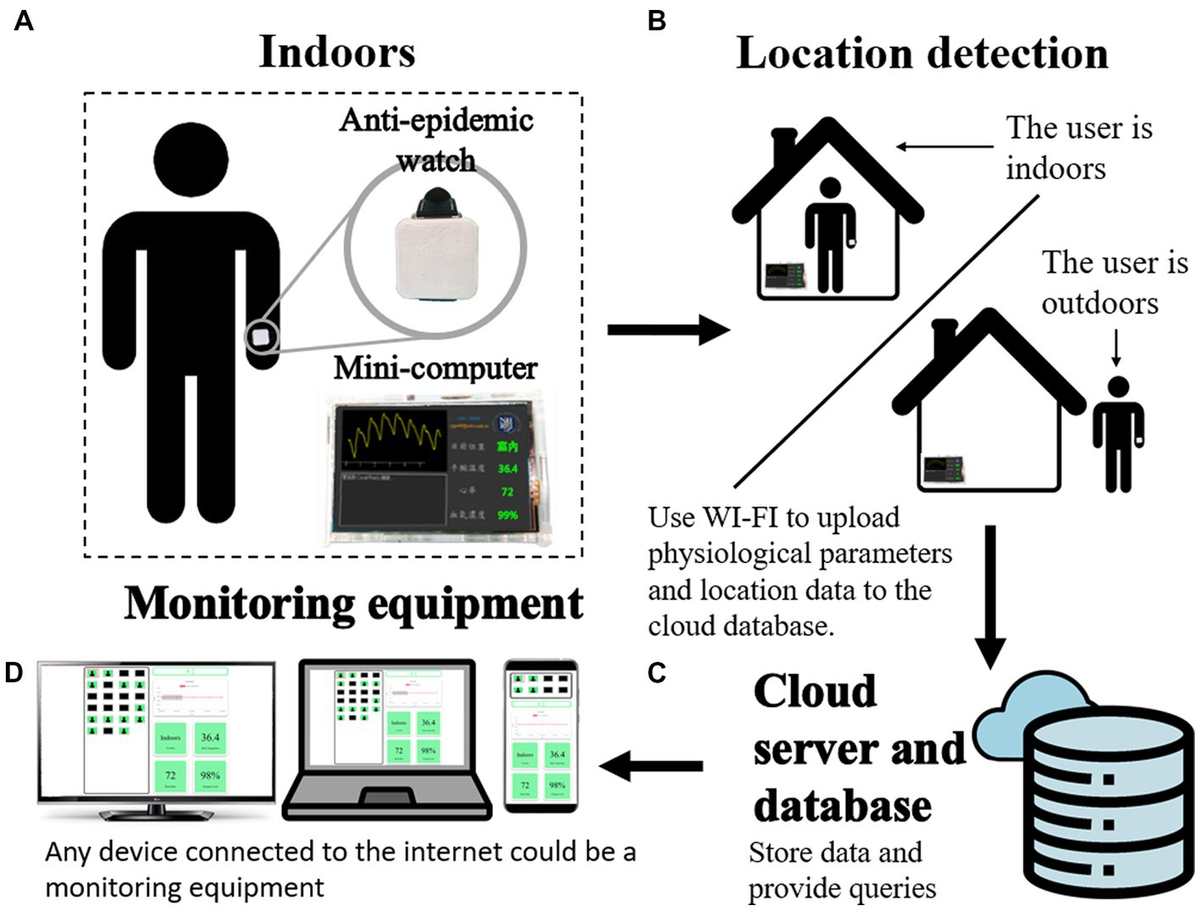Smart home sensors are small devices placed in your house. They can watch your health without bothering you. These sensors help you live a safer and healthier life. Many people do not know how these sensors work. Let’s explore easy ways to use smart home sensors for health monitoring.
What Are Smart Home Sensors?
Smart home sensors collect information about your home and body. They send this data to your phone or computer. You can see what is happening in your home anytime. These sensors use little power and work all day and night.
Some common types of smart sensors include:
- Motion sensors
- Temperature sensors
- Humidity sensors
- Air quality sensors
- Wearable health sensors
Why Use Smart Sensors for Health?
Smart sensors help you know more about your health without going to a doctor. They watch your house and your body. They notice small changes early. This helps you act fast and stay healthy.
Using sensors in your home is easy. They do not need much work. You can get health advice from the data they collect. The sensors keep you safe in many ways.
Ways to Use Smart Sensors for Personalized Health Monitoring
1. Track Your Sleep Quality
Good sleep is important for health. Smart sensors can watch your sleep patterns. They use motion sensors in your bed or room. They know when you are asleep or awake. Some sensors measure breathing and heart rate too.
By tracking sleep, you can:
- Find out how long you sleep
- See if you wake up at night
- Improve your bedtime habits
This helps you feel more rested and healthy every day.
2. Monitor Air Quality At Home
Clean air is important for breathing well. Smart air quality sensors check your home’s air. They measure dust, smoke, and harmful gases. If air is bad, sensors send alerts to your phone.
You can use this information to:
- Open windows when air is bad
- Use air purifiers
- Avoid health problems like allergies or asthma
Good air helps your lungs stay strong and healthy.
3. Detect Falls And Movement Problems
For older people or those with health issues, fall detection is very helpful. Smart motion sensors in the home can see if someone falls. They can also notice if a person moves less than usual.
If a fall happens, the sensor can:
- Send an alert to a family member or doctor
- Help get help quickly
This can save lives by making sure help comes fast.
4. Keep Track Of Room Temperature And Humidity
Temperature and humidity affect health. Too hot or too cold rooms can cause illness. Humidity that is too low or too high can make breathing hard.
Smart sensors check these numbers all day. They help you keep your home comfortable. This helps avoid sickness like colds or skin problems.
5. Monitor Heart Rate And Physical Activity
Wearable sensors like smartwatches track heart rate and movement. Some smart home systems connect with these devices. This way, sensors can collect health data easily.
You can use this data to:
- See if your heart beats too fast or slow
- Track how much you exercise each day
- Set goals for better health
Regular monitoring helps you stay active and strong.
6. Manage Medication Reminders
Smart home devices can remind you to take medicine. Sensors can detect if a medicine box is opened. This helps people remember their pills on time.
Good medicine habits keep health problems away. Sensors make it easier to follow doctor’s advice.
7. Detect Changes In Bathroom Usage
Smart sensors can watch bathroom use. They notice if someone uses the bathroom more or less than normal. Changes can show health problems like dehydration or infection.
This information helps caregivers or family members notice health issues early. They can help the person get care faster.

Credit: www.frontiersin.org
How to Choose the Right Smart Sensors for Health
There are many sensors available. Choosing the right one depends on your needs. Here are some tips:
| Factor | What to Look For |
|---|---|
| Purpose | Know what health area you want to monitor |
| Ease of Use | Choose sensors that are simple to install and use |
| Data Access | Check if you can see data on your phone or computer |
| Alerts | Look for sensors that send warnings or notifications |
| Compatibility | Make sure sensors work with your other smart devices |

Credit: www.tdk.com
Tips for Using Smart Home Sensors Effectively
- Place sensors where they can best watch your health.
- Keep sensors clean and free from dust.
- Check sensor batteries regularly.
- Update sensor software if needed.
- Share important data with family or doctors.
Using sensors well gives better health results.
Future of Smart Sensors in Health Monitoring
Smart sensors are getting better every year. Soon, they will watch more health signs. They may help doctors give faster care. Sensors could learn your habits and give personalized advice.
This will make health monitoring easier and safer for everyone.
Frequently Asked Questions
How Do Smart Home Sensors Track Health Data?
Smart sensors collect data like heart rate, sleep, and movement automatically.
Can Smart Sensors Detect Falls Or Emergencies?
Yes, some sensors identify falls and alert family or emergency services.
What Health Conditions Can Sensors Help Monitor At Home?
They track conditions like sleep apnea, heart issues, and activity levels.
How Do Sensors Personalize Health Monitoring?
Sensors learn your habits and adjust alerts based on your daily routine.
Conclusion
Smart home sensors are useful tools for health monitoring. They watch your sleep, air, movement, and more. These sensors help you live healthier and safer. They are easy to use and give helpful information.
Start using smart sensors today. Take small steps to improve your health. Your home can be a place that cares for you every day.

